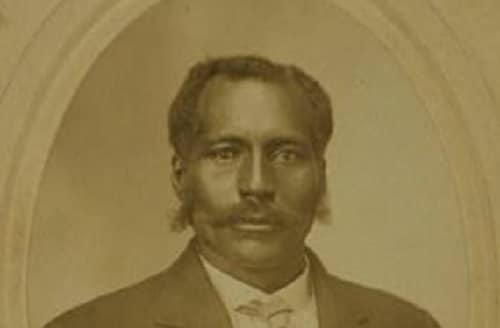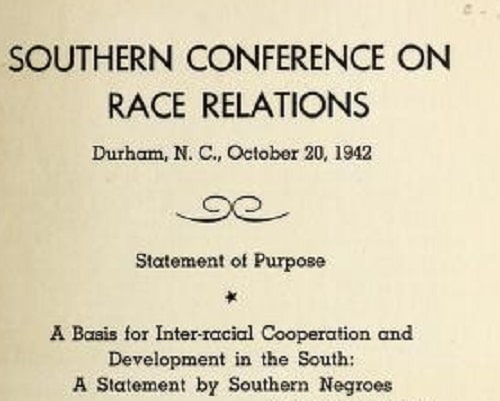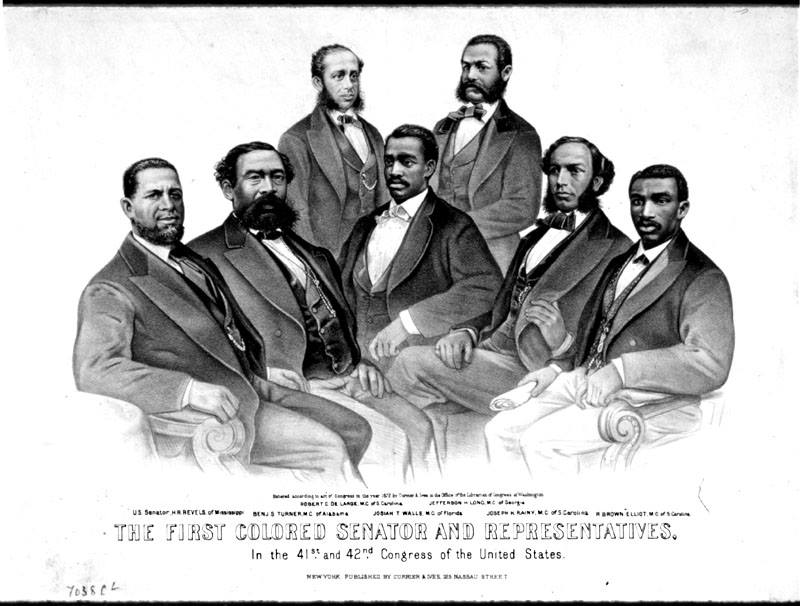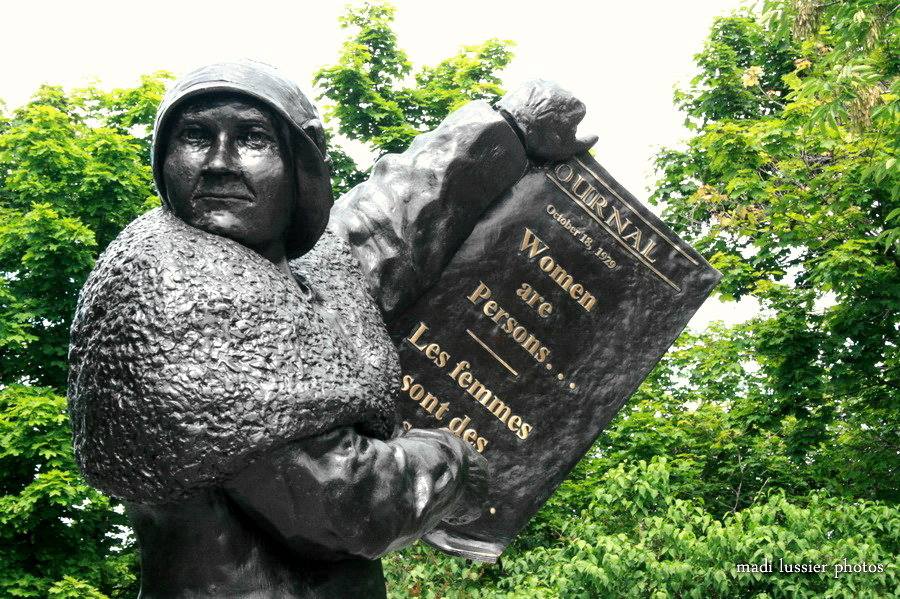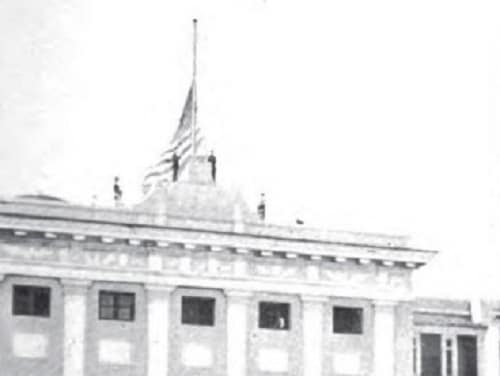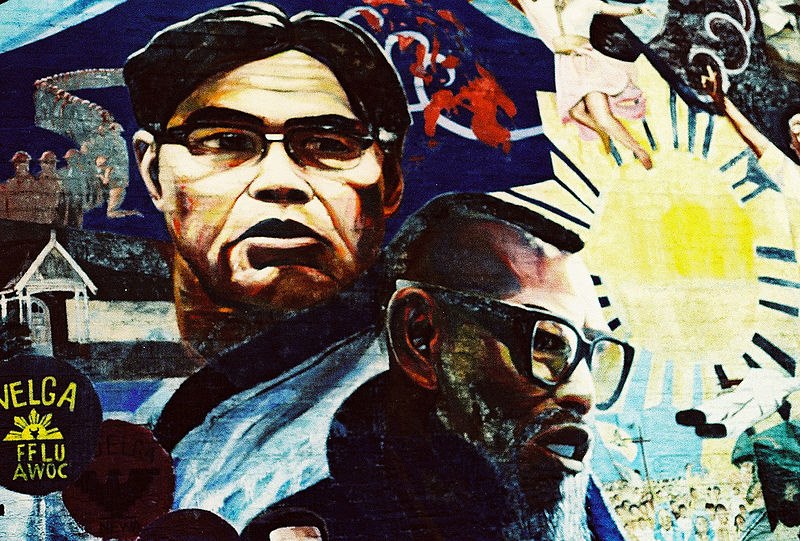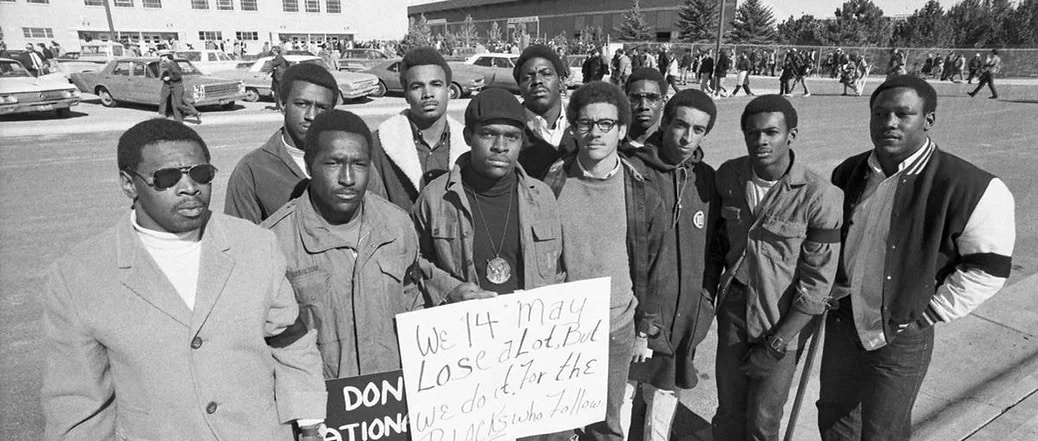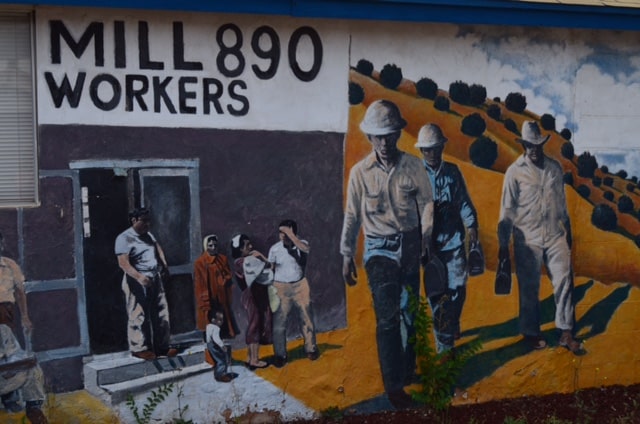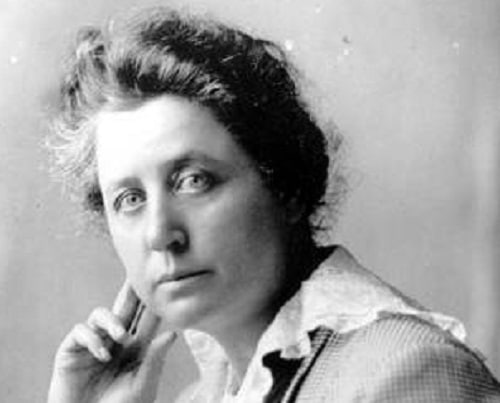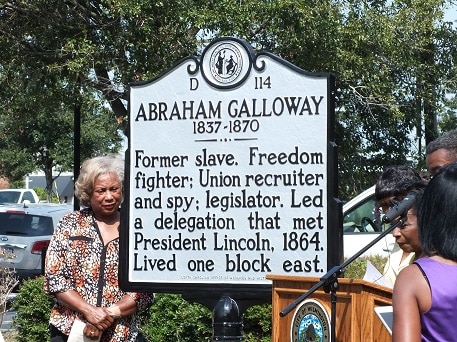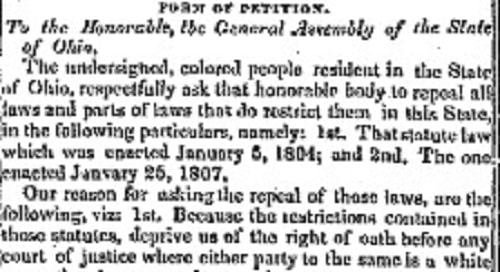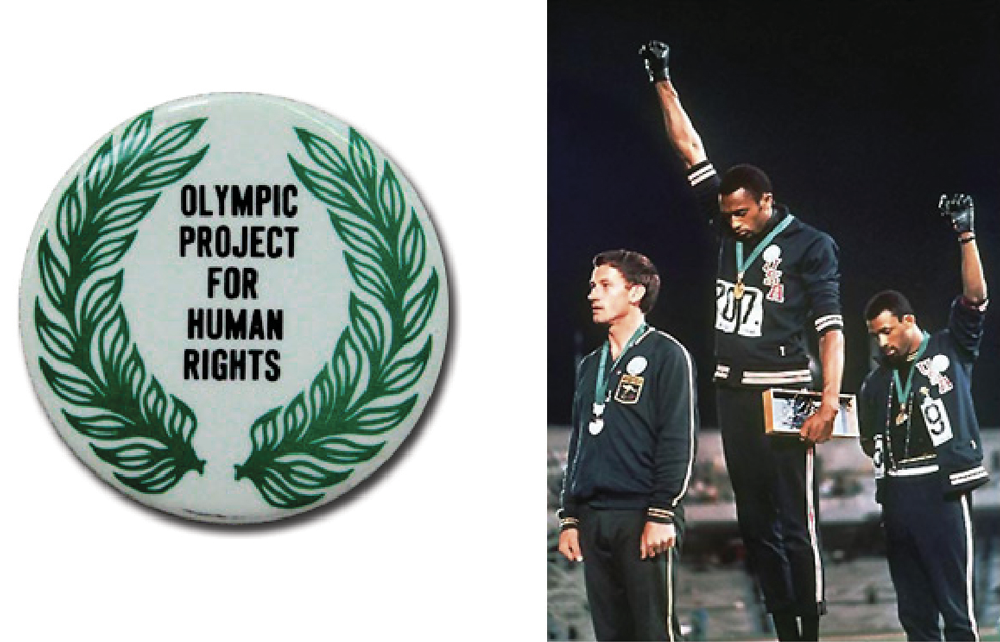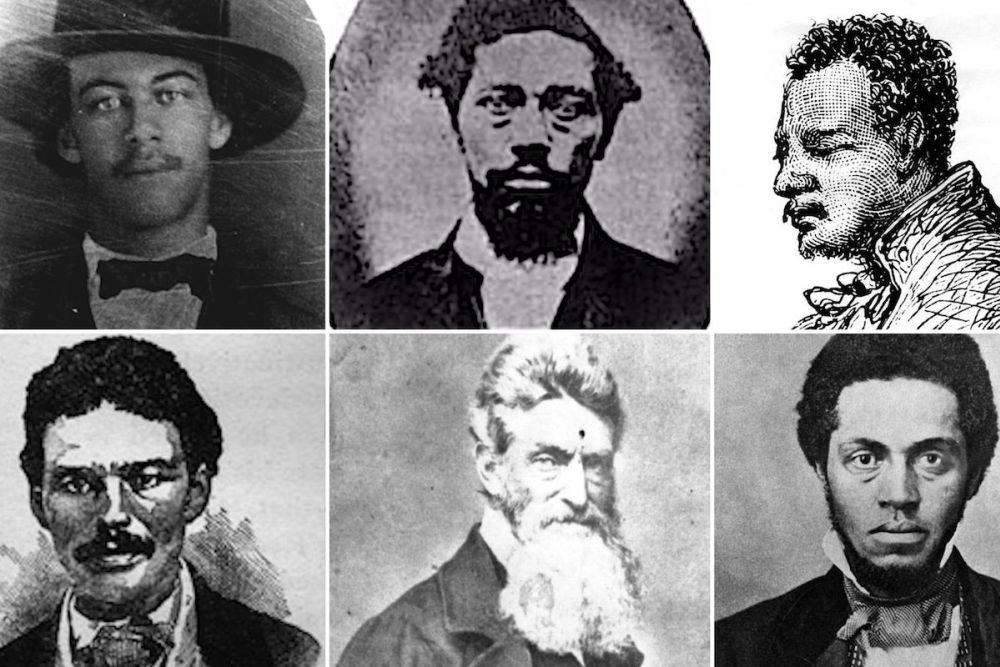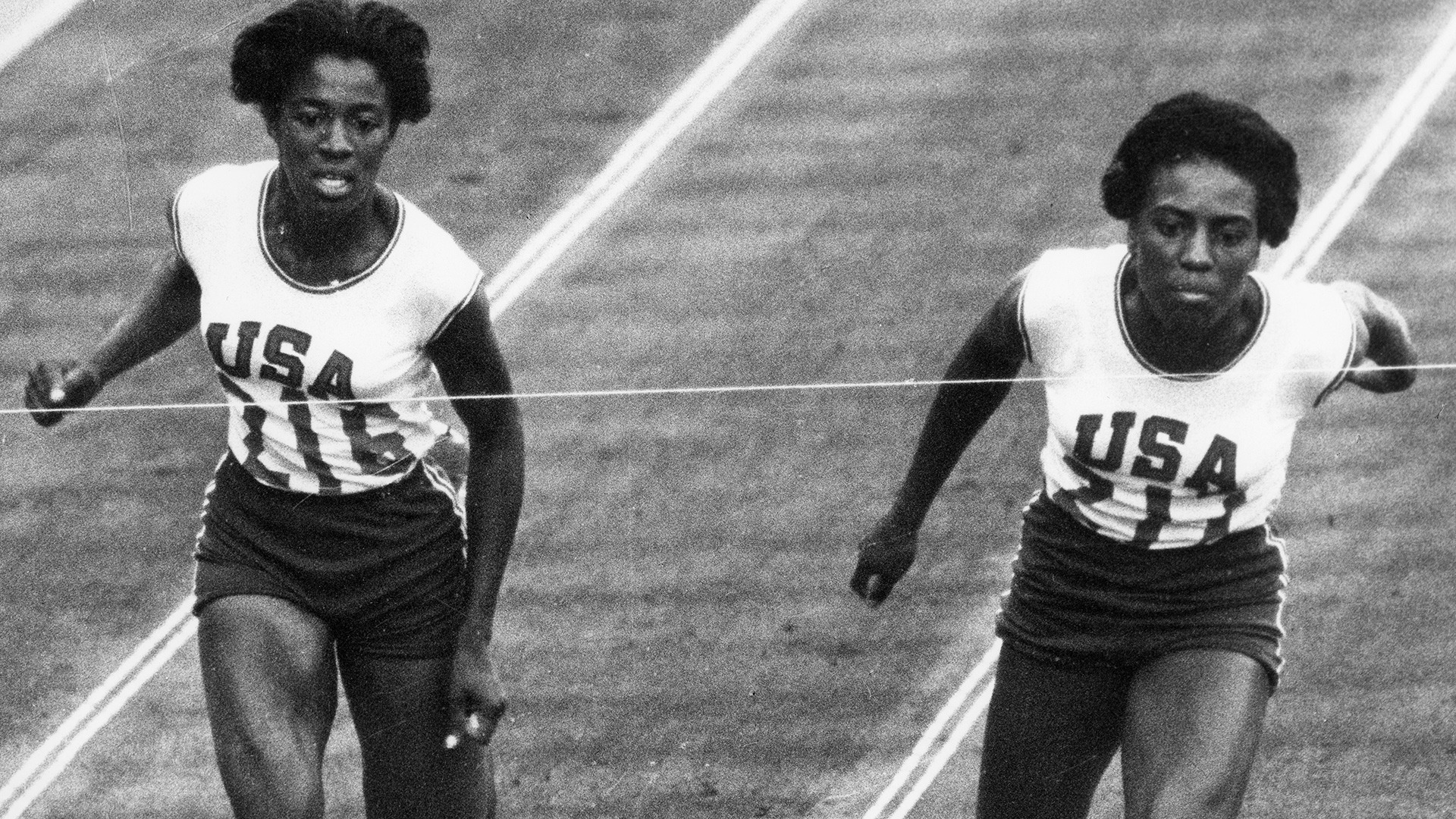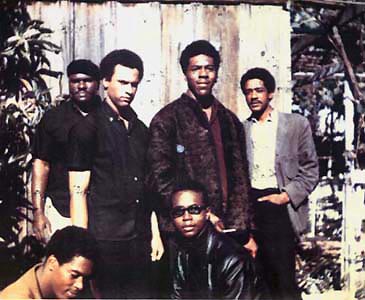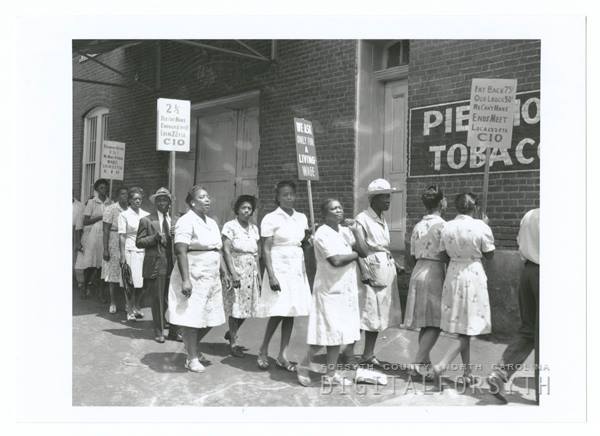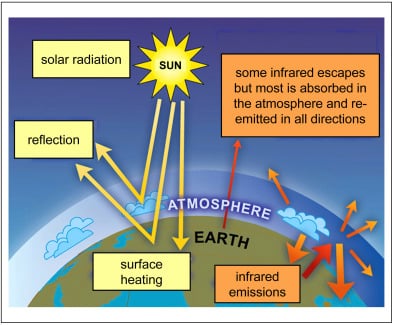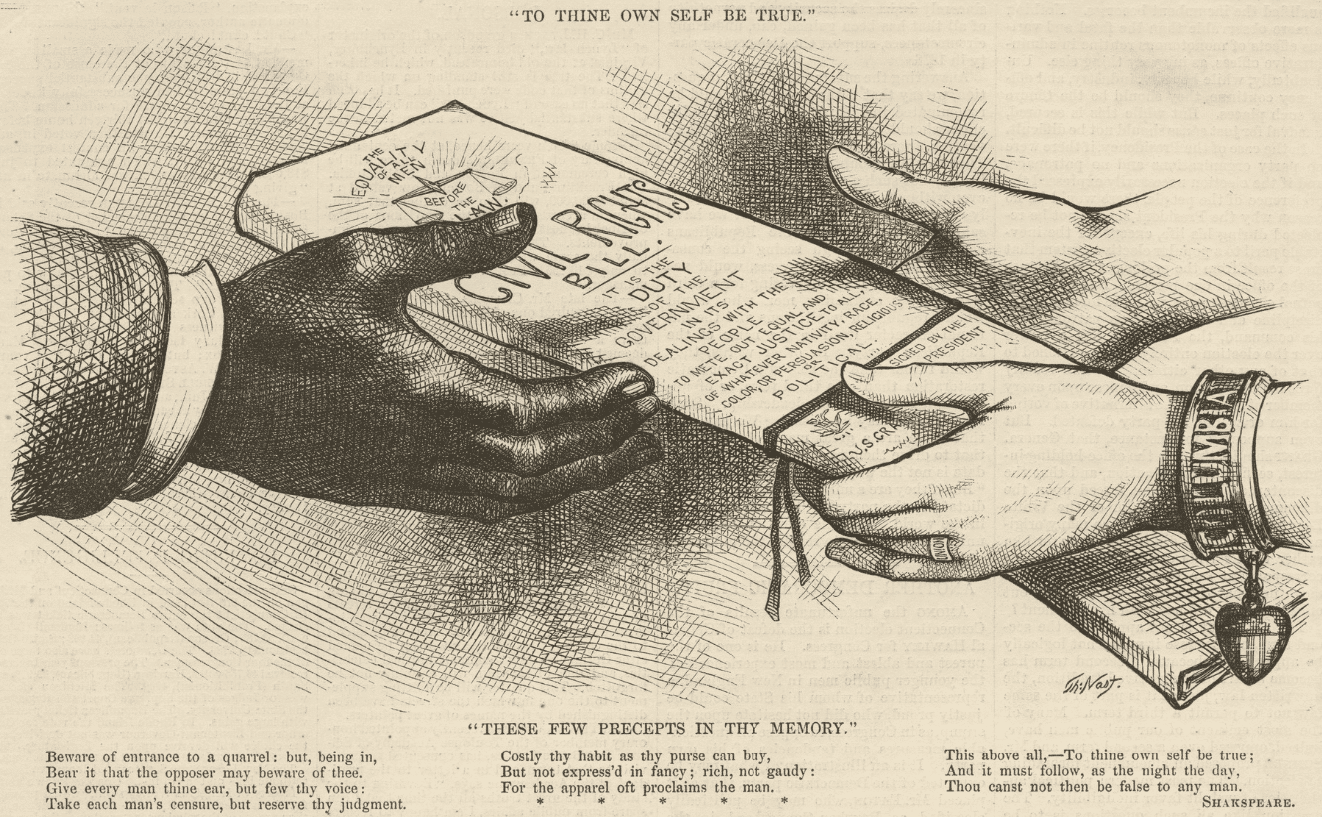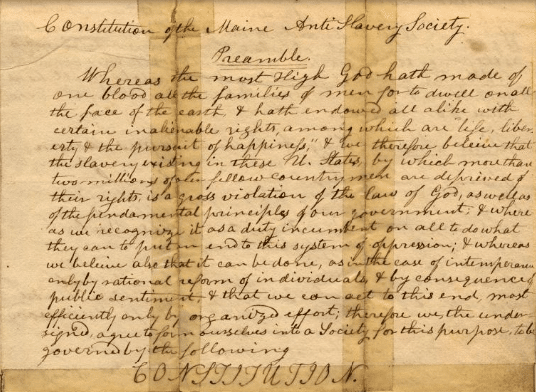Successful African American entrepreneur, landowner, and community leader Anthony P. Crawford was murdered by a lynch mob in South Carolina.
Continue reading
St. Louis Cardinals NFL linebacker Dave Meggyesy disobeyed league rules and refused to salute the flag during the pre-game playing of “The Star-Spangled Banner,” nearly fifty years before San Francisco 49ers quarterback Colin Kaepernick took a knee to protest police violence.
Continue reading
The Southern Conference on Race Relations (SCRR) was held in Durham, North Carolina to address dichotomy between African American soldiers fighting overseas in the name of democracy while in the U.S. they were facing racial violence and being denied basic human rights.
Continue reading
For the first time, African Americans were elected to the House of Representatives in 1870.
Continue reading
The Persons Case, a legal milestone in Canada, established the right of women to sit in the Senate of Canada.
Continue reading
Filipino American History Month is celebrated in the United States during the month of October.
Continue reading
Fourteen Black football players at the University of Wyoming were fired when their coach learned they wanted to wear black armbands during a game against Brigham Young University.
Continue reading
The local chapter of the International Union of Mine, Mill, and Smelter Workers went on strike to protest their segregated housing and unfair wages and living conditions.
Continue reading
Marie Equi entered San Quentin prison to serve a one-year term for her anti-war protests.
Continue reading
During his 33 years, Abraham Galloway accomplished more than most. An abolitionist, a freedom fighter, a spy, a politician, Galloway rose to prominence during the Civil War and Reconstruction, leaving a legacy of Black leadership and resistance to white supremacy and white violence.
Continue reading
The first general convention of African American Ohioans met in Columbus and pledged to continue raising their voices in order to repeal the Black Codes.
Continue reading
Tommie Smith and John Carlos made a symbolic protest while the U.S. national anthem was played in the Olympics.
Continue reading
An abolitionist raid against a federal armory in Harpers Ferry, West Virginia in an attempt to start an armed revolt against the institution of slavery.
Continue reading
At the XIX Olympic Games in Mexico City in 1968, Wyomia Tyus became the first person to win gold medals in the 100-meter sprint in two consecutive Olympics. She was also participating in Olympic Project for Human Rights (OPHR) protest.
Continue reading
The Black Panther Party sought justice for African Americans and other oppressed communities through a combination of revolutionary theory, education, and community programs.
Continue reading
The Clayton Antitrust Act sought to end practices that limited competition throughout the economy.
Continue reading
Swedish chemist Svante Arrhenius calculated that burning fossil fuels (coal) will, over time, lead to a hotter Earth. His findings led the way for the emergence of modern climate science and a better understanding of the greenhouse effect.
Continue reading
The U.S. Supreme Court ruled that the Civil Rights Act of 1875, forbidding discrimination in hotels, trains, and other public spaces, was unconstitutional and not authorized by the 13th or 14th Amendments of the Constitution.
Continue reading
The first Maine Anti-Slavery Society Convention was held in Augusta.
Continue reading


